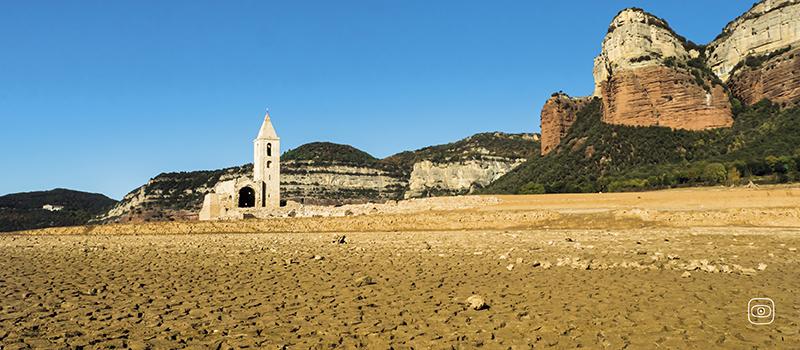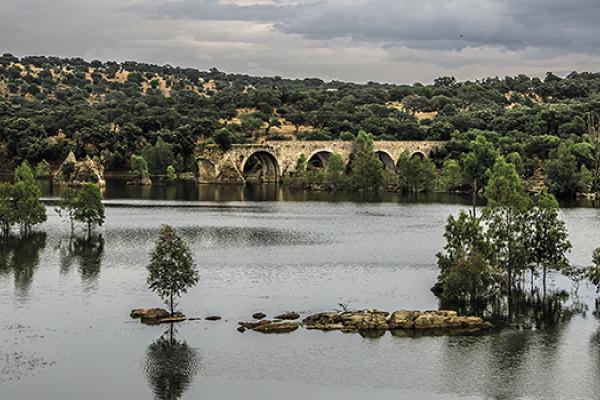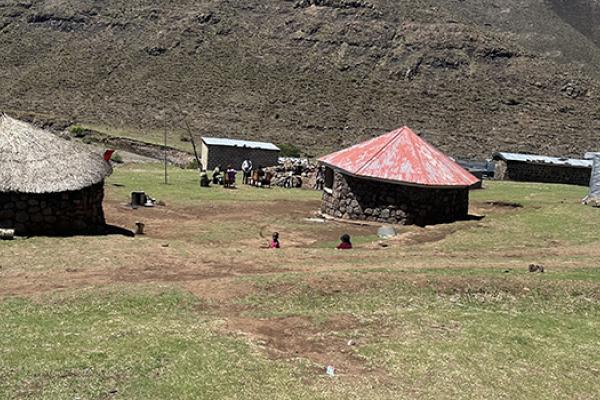Southern Europe is warming at twice the global average, and cities like Barcelona and Taranto are facing an alarming future of chronic water scarcity.
In Catalonia a fifteen year experiment in privatisation of the local water systems has been maintained not by public preference but by a campaign of legal harassment against cities seeking to create public concessions. In the same region, where Barcelona narrowly avoided running out of water during a historic drought, governments are scrambling to respond as extreme heat and droughts intensify. Spain’s answer has been a massive investment in desalination – turning seawater into drinking water – to reduce dependence on rain and mountain snowpacks. The Spanish government has pledged billions of euros to expand desalination capacity by 20% by 2027, hoping to secure a stable water supply from the Mediterranean itself.
After subsequent years of drought hitting different parts of Italy, the country’s government has also bet big on desalination to engineer its way out of water scarcity. It simplified the approval process for new desalination plants in 2023 and pledged to increase its desalination capacity by 42% by 2030. The country’s largest plant is under construction in Taranto, and new plants have also been announced for the southern cities of Palermo and Brindisi.
Yet critics warn that desalination is expensive, environmentally damaging, and incapable of meeting rising demand, risking even higher household water bills and further harm to fragile coastal ecosystems. As the region debates whether technology can replace nature, the question remains whether southern Europe can truly build its way out of climate change – and if so, how to do so without leaving millions unable to afford life’s most basic resource.
After initial desk research and interviews, the team conducted fieldwork and in person interviews, following leads and developments as they unfolded, including heavy rains in Spain.
- Key findings:
Despite nine-figure investments, projections still show Barcelona’s water supplies at risk of running dry this century. - Catalonia continues to operate desalination plants at near-full capacity and pursue new projects despite high costs and ecological concerns.
- Water bills in Barcelona have increased by up to 16% since 2023, in part due to the increased costs of operating desalination plants.
- Over 12% of Barcelona’s residents struggle to pay their water bills, which are only set to increase.
- Experts warn that technological optimism is masking the need for systemic change in how water, agriculture, and consumption are managed in a fast-warming Mediterranean climate.
- A fifteen year experiment in privatisation of the local water systems has been maintained not by public preference but by a campaign of legal harassment against cities seeking to create public concessions.
- After several consecutive years of drought affecting different regions of Italy, the government has likewise placed a major bet on desalination as a way to combat water scarcity.
- Italy pledged to increase its desalination capacity by 42% by 2030, and simplified the approval process for new desalination plants in 2023.
Image by Josep Sala Francas: Pantano de SAU in "Vilanova de Sau", Barcelona, Catalonia, Spain.






